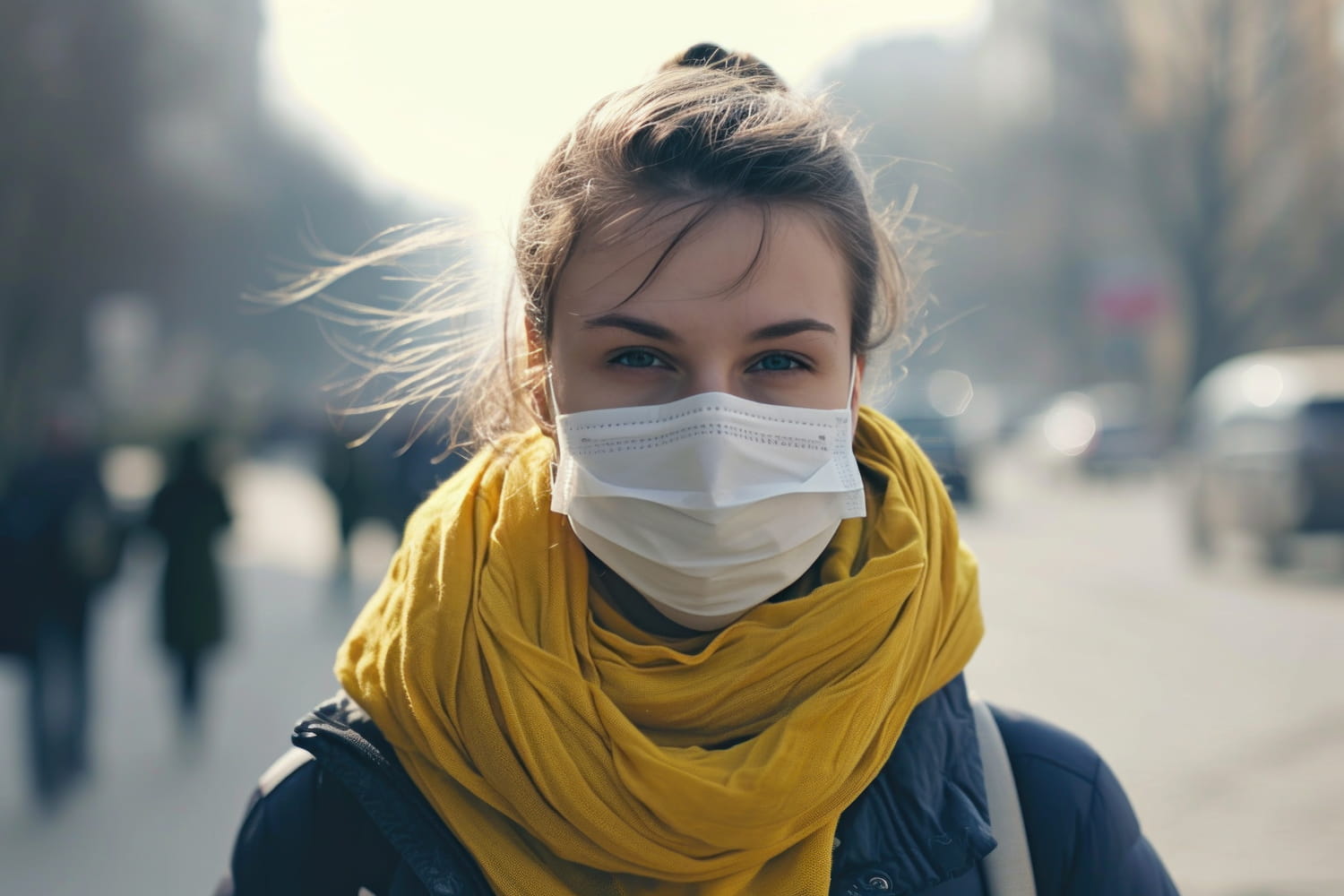This strain of flu is progressing rapidly just a few kilometers from France.
The cold marks the seasonal return of the flu. For the moment, France is only at the beginning. But specialists warn: just a few kilometers from France, a wave of contamination linked to an early and brutal mutant strain of influenza is attracting attention.
Experts’ concern is based on the ability of this new virus to evolve very quickly. Unlike the usual strains, this one accumulated seven mutations over the past summer, according to data reported by Medscape. Antonio Ho, consultant in infectious diseases at the University of Glasgow (Scotland), specifies that these changes make the virus “quite different” of the one in the flu vaccine and more virulent. This virus has modified its appearance to deceive the immune system: it no longer fully corresponds to the defenses developed by the population during previous infections. This “camouflage” mechanism allows it to bypass immunity and spread much more quickly in the community, particularly among young adults and children.
This worrying new virus is a variant of the influenza A (H3N2) virus, now called “K”. This K subvariant has mutations on key areas of its surface that facilitate infection of human cells. It sweeps across England, causing an early wave of flu among young adults and schoolchildren. Writing in the British Medical Journal, Jim Mackey, chief executive of NHS England, confirmed that “The NHS is set to face one of the worst winters on record” in connection with this mutated strain of the flu. “There is no doubt that this winter will be one of the most difficult our staff has ever faced.”
According to Canadian researchers, the K variant could become the majority for the 2025-2026 season in the northern hemisphere, supplanting other strains. As of November 19, in France, “a slight increase” cases of flu are observed in the city, more particularly among 0-18 year olds, according to Public Health France. 8% of tests are positive. The samples show a majority of H1N1 viruses but the circulation of H3N2 is confirmed and the risk of importing the “K” variant is real.
To protect yourself from the flu, the most effective is always to apply barrier gestures: washing your hands several times a day, ventilating community rooms, wearing a mask in the case of vulnerable people without forgetting vaccination. As Dr. Lori Handy points out via Medscape, vaccination remains essential even in the case of a different strain: “Many people could still get sick, but vaccination will keep them from going to the emergency room and being hospitalized.”









